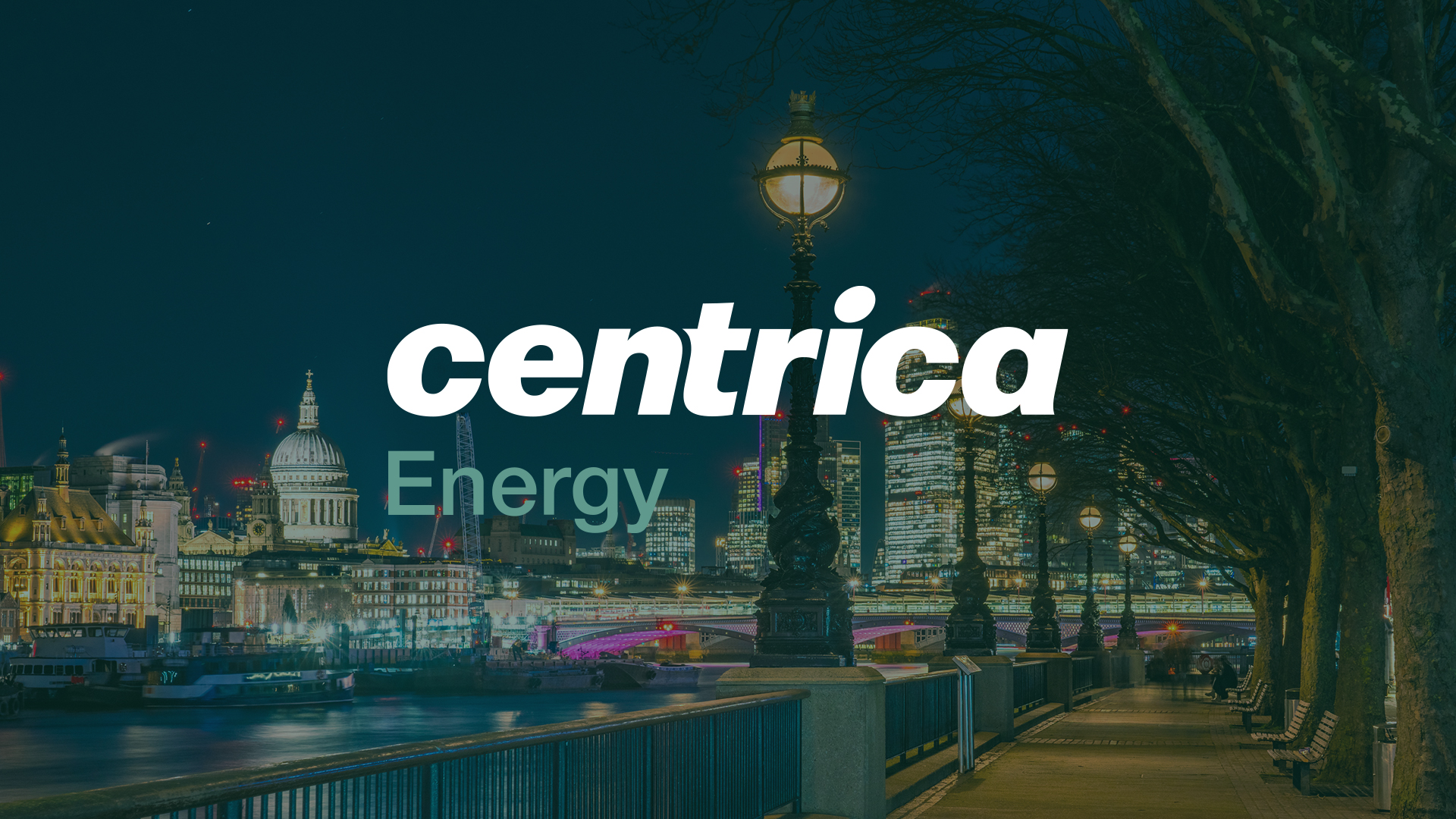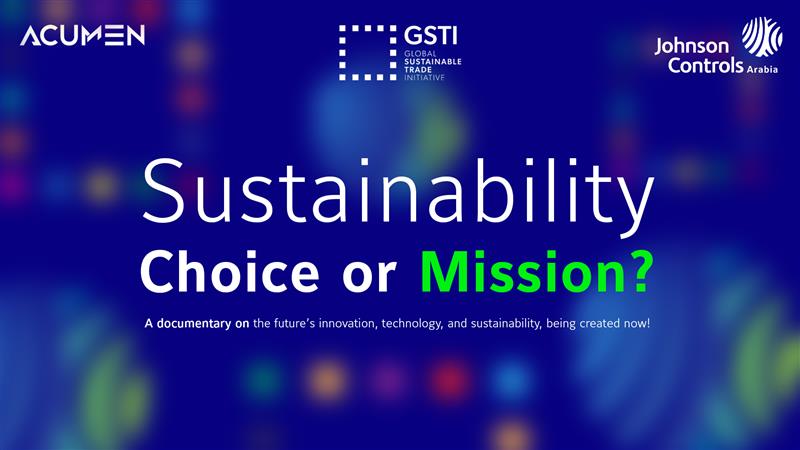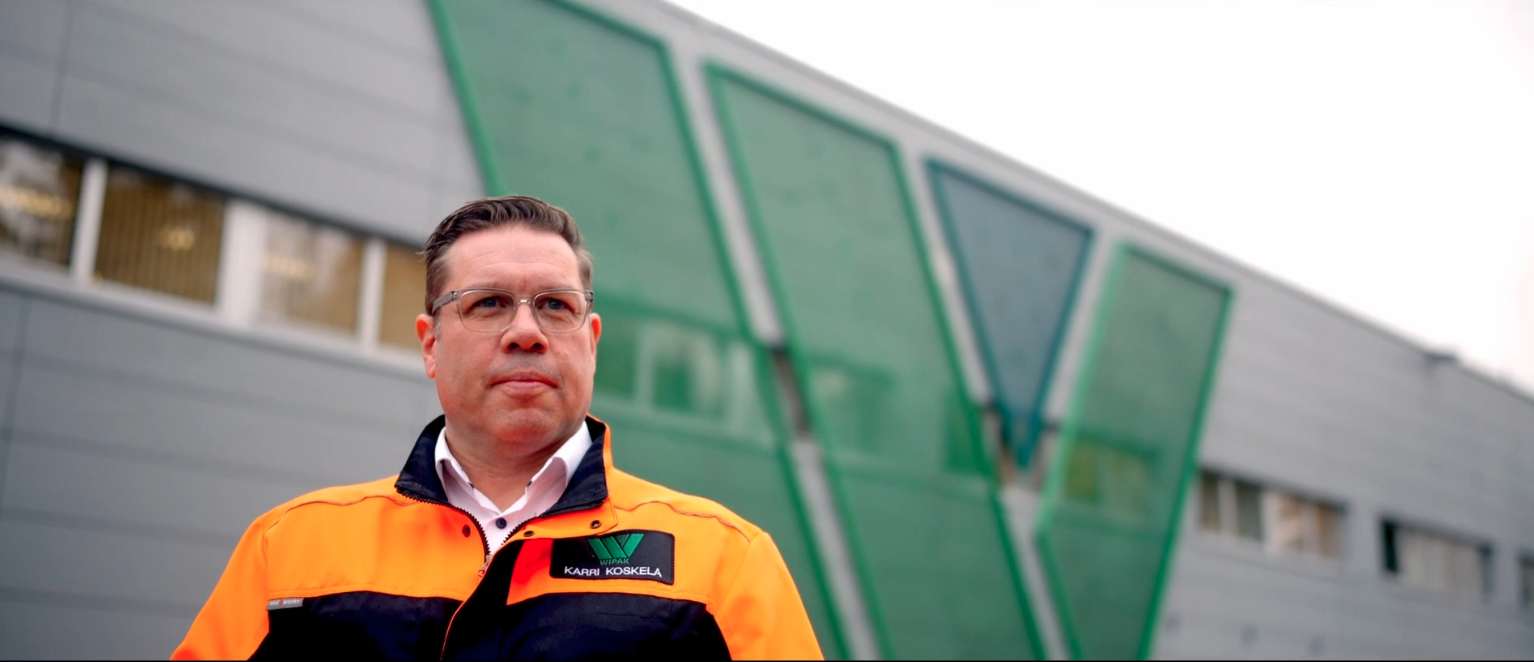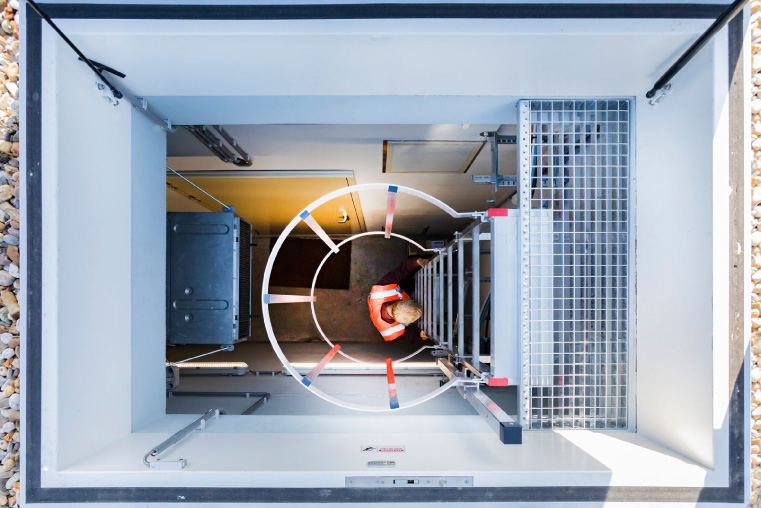The Challenge of Refueling
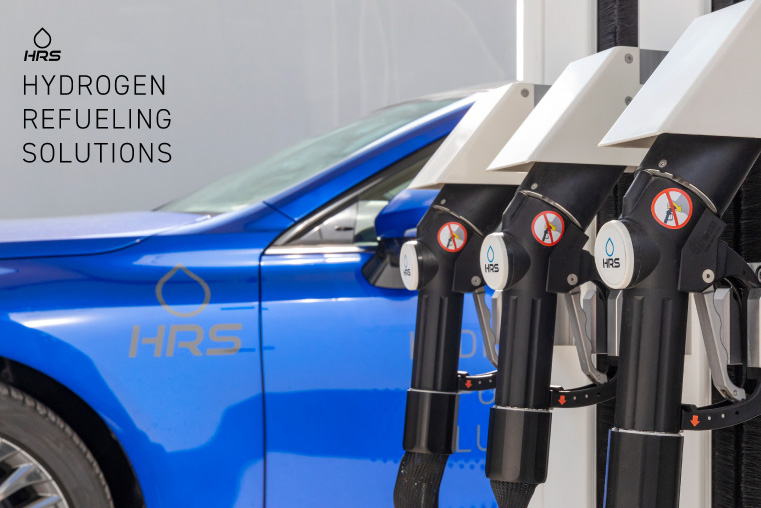
Hydrogen Refueling Solutions develops large-scale refueling solutions for hydrogen mobility.
Revolutionizing Transportation: The Role of Hydrogen Mobility in Achieving Net Zero Emissions
The mobility sector accounts today for ¼ of CO2 emissions in the world, the utilization of hydrogen as a fuel source represents one of the concrete solutions to achieve Net Zero objectives.
The key advantages of hydrogen mobility lie in its potential to address environmental concerns by emitting only water vapor as a byproduct and presenting assets for heavy-duty and intensive use vehicles. Indeed, hydrogen is perfectly suited to usages requiring high availability, transportation of heavy loads, long range and/or rapid refueling.
Hydrogen Refueling Solutions (HRS): Pioneering Hydrogen Infrastructure for Sustainable Transportation
According to the IEA, “Rapid adoption of zero-emission vehicles, including electric and hydrogen fuel cell electric heavy-duty vehicles will be needed to enable the 15% reduction in emissions needed by 2030 to put the sector on a trajectory compatible with the Net Zero Emissions Scenario.”
As a French designer and manufacturer of hydrogen refueling stations, Hydrogen Refueling Solutions (HRS) carries out the design, manufacturing, installation, commissioning and maintenance of hydrogen stations.
Manufacturing hydrogen stations since 2009, HRS,as a pure player, offers “turnkey” solutions including compression, storage and distribution of hydrogen, to mobility and energy players, local authorities and manufacturers.
HRS Innovation: Overcoming Challenges and Leading the Charge in Hydrogen Mobility
Infrastructure development is a key factor in the widespread adoption of hydrogen mobility. Establishing a network of hydrogen refueling stations is essential to support the growth of Fuel Cell Electric Vehicles (FCEVs). Governments, industries, and stakeholders must collaborate to invest in the necessary infrastructure to make hydrogen available. While progress has been made in some regions, continued efforts are required to create a comprehensive and accessible hydrogen infrastructure.
Today, designing hydrogen stations implies several challenges. As hydrogen is used as gaseous form in stations and vehicles, most stakes refer to high pressure: refueling speed, compression capacity, energy consumption, cooling… Research and development initiatives are essential to address these challenges, that is why HRS team is fully engaged in two European projects as part of Clean Hydrogen Partnership with backing from the European Union’s Horizon Europe research and innovation programme: RheaDHy (n° 101101443) for very high flow refueling of heavy-duty mobility with the objective to refuel a 100 kg tank in 10 minutes ; and H2REF-DEMO (n° 101101517) for stations with a higher compression capacity up to 150 kg/hour.
Moreover, HRS has chosen to look ahead investing in industrial production facilities unique in Europe: a site dedicated to large-scale production of hydrogen stations, with an annual capacity of 180 stations, combined with a collaborative test area dedicated to the development of technologies to support the development of the H2 sector. This new 14 300-sqm site, located in France, near Grenoble, has been operational since mid-2023.
In conclusion, hydrogen mobility represents a promising sustainable solution for the future of transportation. Investments in research and infrastructure are crucial to realizing the full potential of hydrogen mobility and fostering a transportation sector that is both environmentally responsible and economically viable. HRS is committed to driving progress in the hydrogen market through large-scale solutions developed in partnership with experts and project leaders in the sector.
Find out more about COP28 campaign






